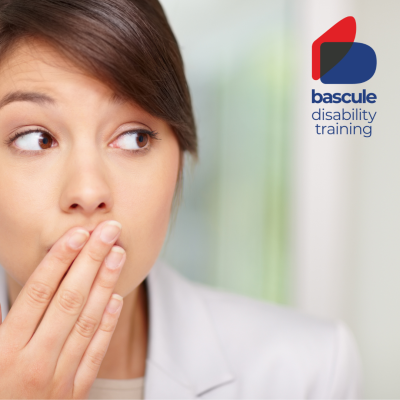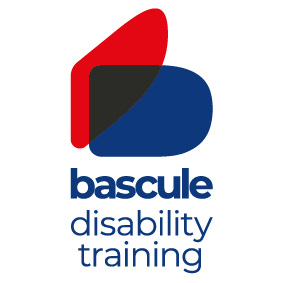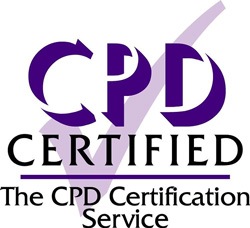Time to end the fear of offending

At some point in our lives, most of us have accidentally said the wrong thing. Whether it’s an unintentional faux-pas, misjudgement, or comment we haven’t properly thought through.
Of course, as human beings, very few people want to deliberately offend another person, which is why, in certain social situations we can sometimes be more guarded in our communication. But what are the consequences of always being worried that we might put our foot in it?
Well, imagine a society that collectively has an abject fear of upsetting one another- how would that work? The population would do their best to avoid conversation. They would fail to properly interact, which would mean it would be difficult to maintain successful relationships. People would therefore struggle in the workplace, in daily life, and generally as a society, as these essential interactions that enable us to unite as a community, would slowly erode, resulting in everyone becoming isolated.
Of course that’s an extreme example, but not entirely incorrect when it comes to people’s perceptions of disability.
A good example of this has just been released in recent research (Jun 2024), made by Mencap, when it analysed the general public’s perception of people with learning disabilities.
The study found that a whopping one in five Brits said they feel 'reluctant' to talk to someone with a learning disability. Out of those, 48% said this was because they didn’t want to say the wrong thing or offend.
28% said they would be worried that the person would respond negatively, and 28% said they wouldn’t know how to interact. 16% of people said they have (or would) avoid a person with a learning disability altogether.
Further evidence of this is also found in the statistic we at Bascule often recite- that 67% of the UK public said that they feel uncomfortable and awkward talking to people with disabilities. (Scope).
So how do we change this?
Let’s consider firstly, what’s behind that fear of offending.
Unfamiliarity- Probably one of the biggest reasons for having reservations through fear of offending, is down to a lack of experience of disability, and in communicating with people with disabilities. If people continue to avoid interacting with people with disabilities- that fear will endure. If someone has no experience of speaking to people with disabilities, they may have unrealistic worries that an interaction may lead to potentially unpredictable outcomes.
Language- Many people are also intimidated through the apprehension that they might unknowingly use an offensive word, inappropriate term or by saying something that is considered to be politically incorrect. This is made even more difficult when appropriate terminology can change on a regular basis.
Confidence- Without any knowledge of disability, people lack confidence and therefore misjudge and believe that communicating with someone with a disability requires a certain skill or knowledge that they lack.
Trying too hard- In some cases, people can over analyse their own actions. Many people are simply doing their best to be inclusive, and are so conscious of their own behaviour, that they can become fixated with the potential of making a mistake, or saying something unfitting, or patronising.
Of course, we could go on, but the important thing is that we see the pattern in why the reasons exist, and that is a simple lack of understanding, experience and most importantly awareness of disability.
Gaining Awareness
Most of the fear of offending is simply down to a lack of understanding of what disability is. If we improve our understanding, we also develop a foundation in knowledge of how to communicate, and what terminology and language to use.
At Bascule Disability Training, our awareness programmes are specifically designed to help workforces to create working cultures and conditions that encourage open conversations about disability, so that levels of confidence grow, so that people understand when it is appropriate to offer help, or discreetly recognise what boundaries exist in communication.
We always make it as clear as possible that this isn’t rocket science. It’s not a complicated process, that warrants hours and hours of study, and memorising different words. It is important to develop some knowledge and understanding and most importantly, empathy, so that people understand that they are simply communicating with another human being that may have some additional needs that they should be aware of.
Whilst terminology is important, we shouldn’t get too hung up on words, and descriptions, instead, we should simply interact as humanly as possible, just as you would in any other day-to-day conversation. As we improve awareness, we will improve our environments and cultures- and in doing this, we will employ more people with disabilities. Subsequently, colleagues will inevitably gain more experience in meeting people with disabilities, allowing them to interact more, develop understanding and become more empathetic and knowledgeable. As our society becomes more supportive and inclusive, the people who were afraid of offending will gain confidence, lose irrational concerns, and understand that difference is nothing to be feared.
CHRIS JAY, MANAGING DIRECTOR, BASCULE DISABILITY TRAINING



